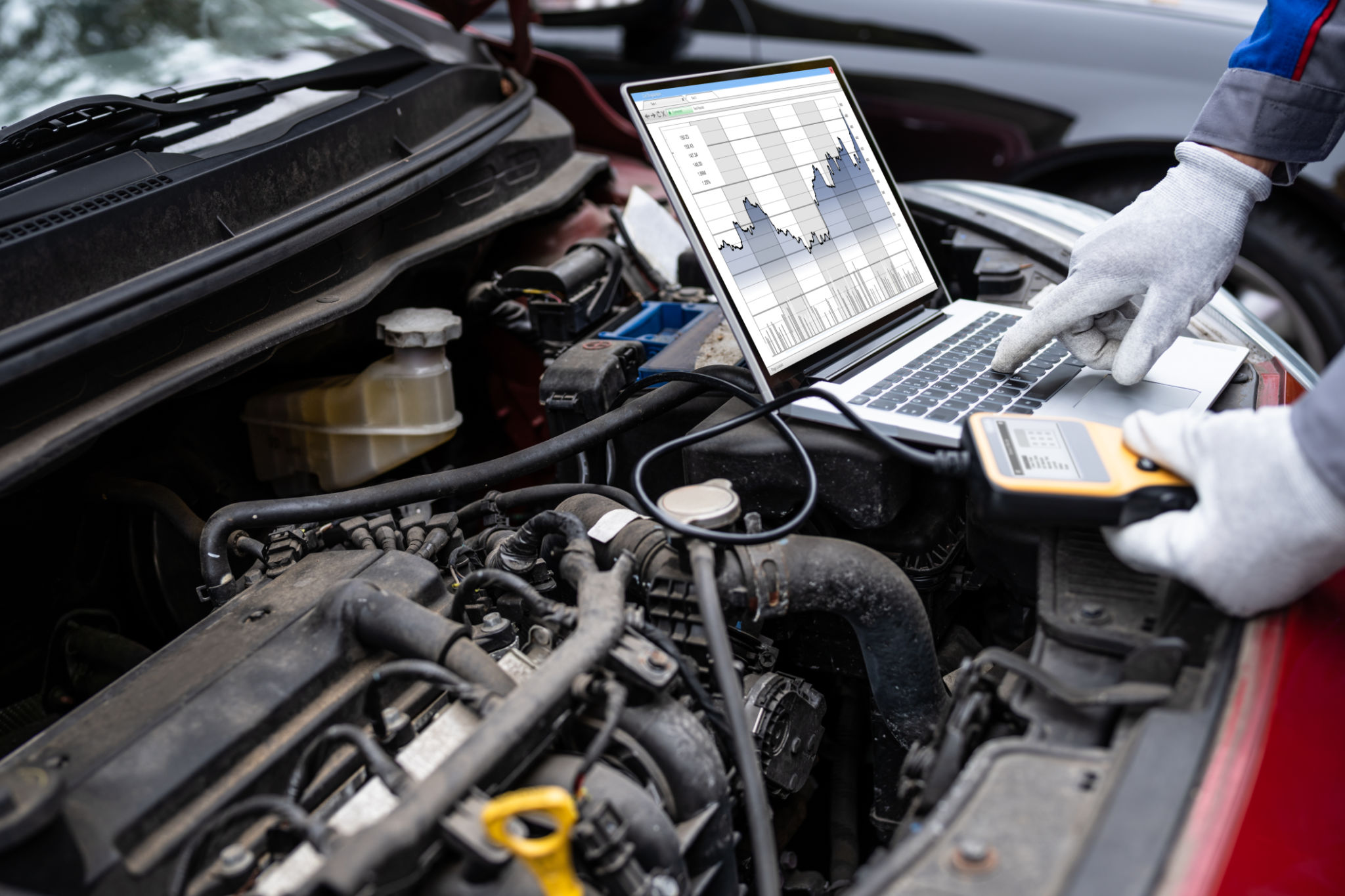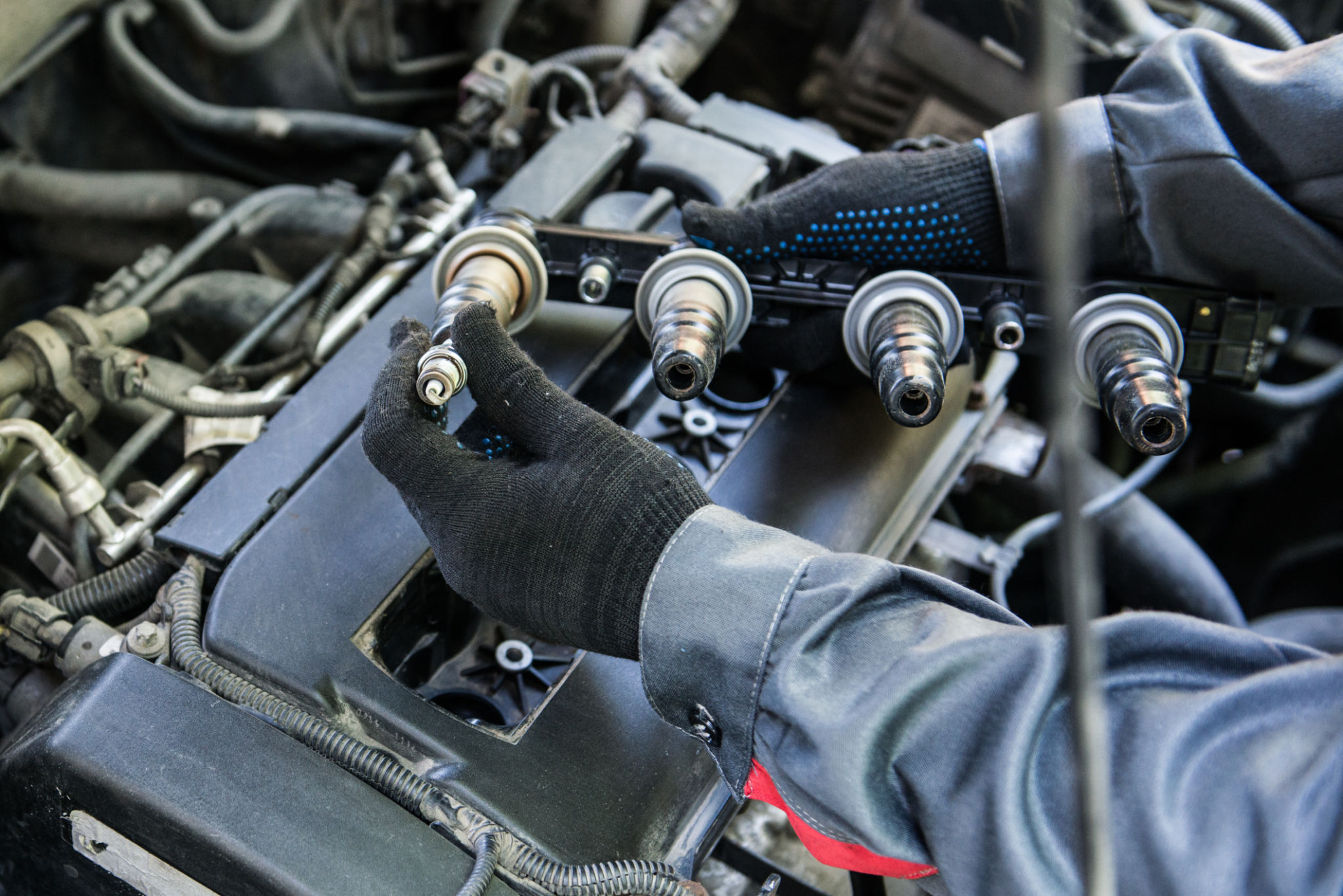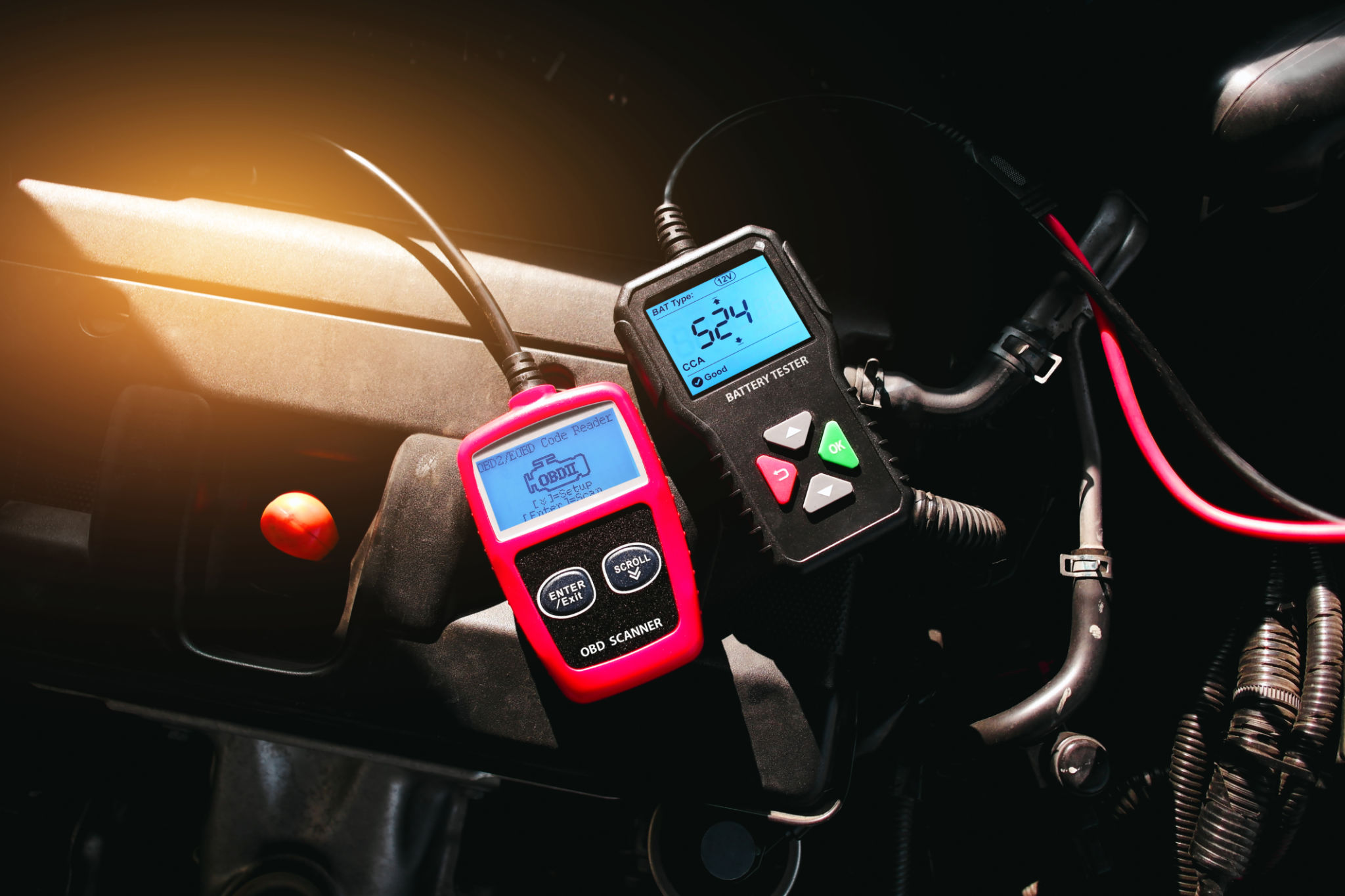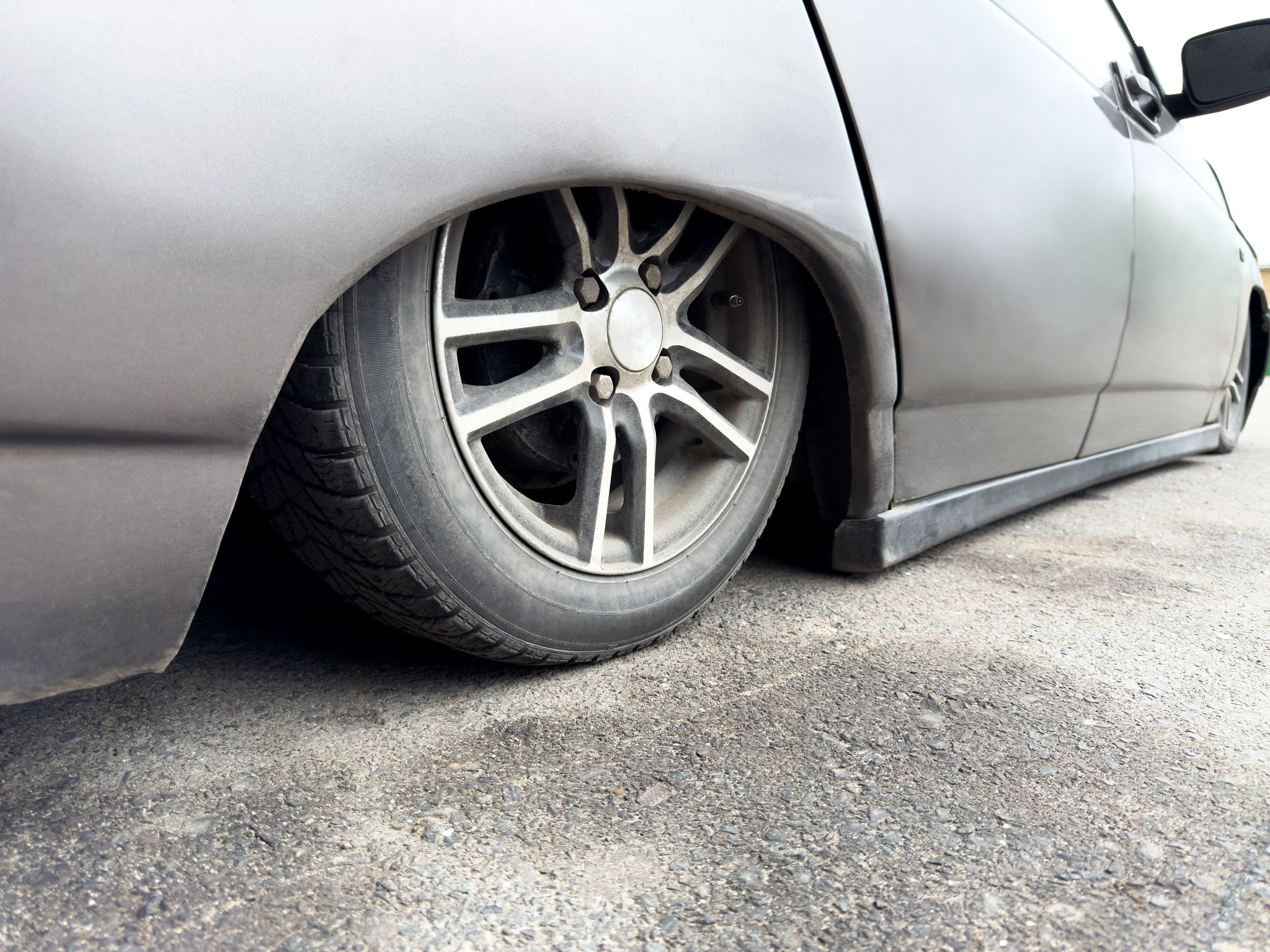DIY Vehicle Tuning: What You Can Do Before Visiting an Expert
Understanding the Basics of DIY Vehicle Tuning
Vehicle tuning can dramatically enhance your car's performance, but it's crucial to understand the basics before diving in. DIY tuning involves making adjustments to your vehicle's engine, suspension, and other components to improve its performance, efficiency, or appearance. While some tasks can be done at home, others may require a professional touch. Knowing what you can handle on your own will not only save you time but also prevent potential damage to your vehicle.
Before you embark on any tuning project, ensure you have a solid understanding of your vehicle's mechanics. Familiarize yourself with the owner's manual and consider investing in a workshop manual specific to your car model. These resources will provide valuable information about the vehicle's specifications and maintenance requirements.

Basic Modifications You Can Perform at Home
There are several basic modifications that car enthusiasts can perform at home to enhance vehicle performance. One of the simplest DIY tasks is replacing the air filter. A clean air filter can improve airflow to the engine, boosting both efficiency and horsepower.
Another practical modification is upgrading your spark plugs. High-performance spark plugs can result in better combustion, improving your car's acceleration and fuel economy. It's a straightforward process that usually requires minimal tools and time.

Tire and Wheel Adjustments
Tires are a critical component of vehicle performance. Ensuring that your tires are properly inflated and aligned can significantly improve handling and fuel efficiency. Consider rotating your tires regularly to ensure even wear and prolong their lifespan.
If you're looking for a visual upgrade, changing your wheels can enhance both aesthetics and performance. Lightweight alloy wheels can reduce unsprung weight, leading to improved handling and acceleration.
Monitoring and Diagnostic Tools
Investing in quality diagnostic tools can be incredibly beneficial for DIY tuning enthusiasts. OBD-II scanners are affordable tools that allow you to monitor your car's health by reading diagnostic trouble codes. This enables you to identify potential issues before they escalate into significant problems.

Additionally, using performance monitoring apps or devices can provide real-time data on your vehicle's performance metrics such as speed, RPMs, and fuel efficiency. This information is invaluable when evaluating the effectiveness of your tuning efforts.
When to Consult a Professional
While many tuning tasks can be tackled at home, some modifications require expert intervention. Complex engine modifications, turbocharger installations, or ECU remapping should be left to professionals who have the necessary experience and equipment.
A professional tuner will not only ensure that modifications are performed correctly but also provide guidance on achieving the best performance gains. They have the expertise to tailor modifications to match your driving style and preferences.

Conclusion
DIY vehicle tuning is an exciting venture that allows you to personalize your ride while enhancing its performance. By starting with basic modifications and using diagnostic tools, you can make noticeable improvements without professional help. However, always recognize when a task is beyond your skill level and seek expert assistance when necessary. This balanced approach ensures that you enjoy the benefits of tuning while keeping your vehicle in optimal condition.
